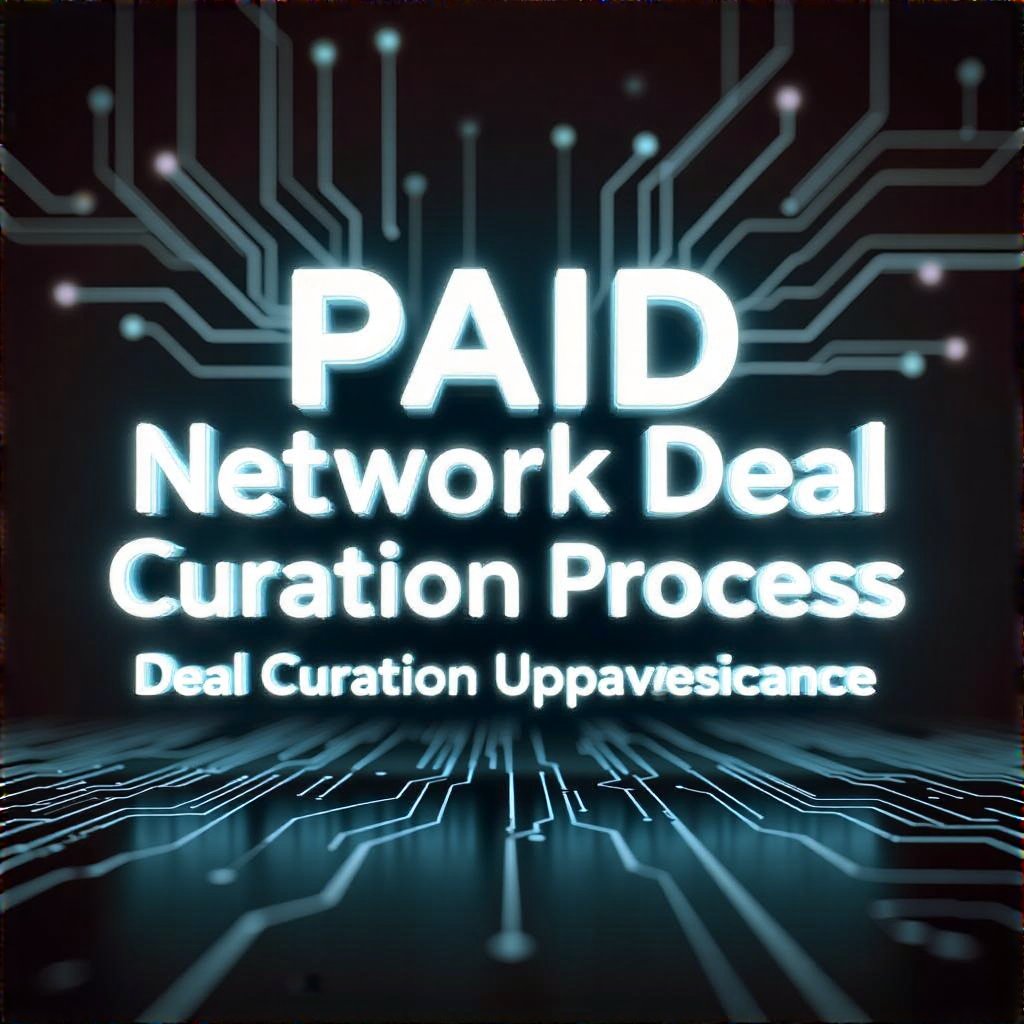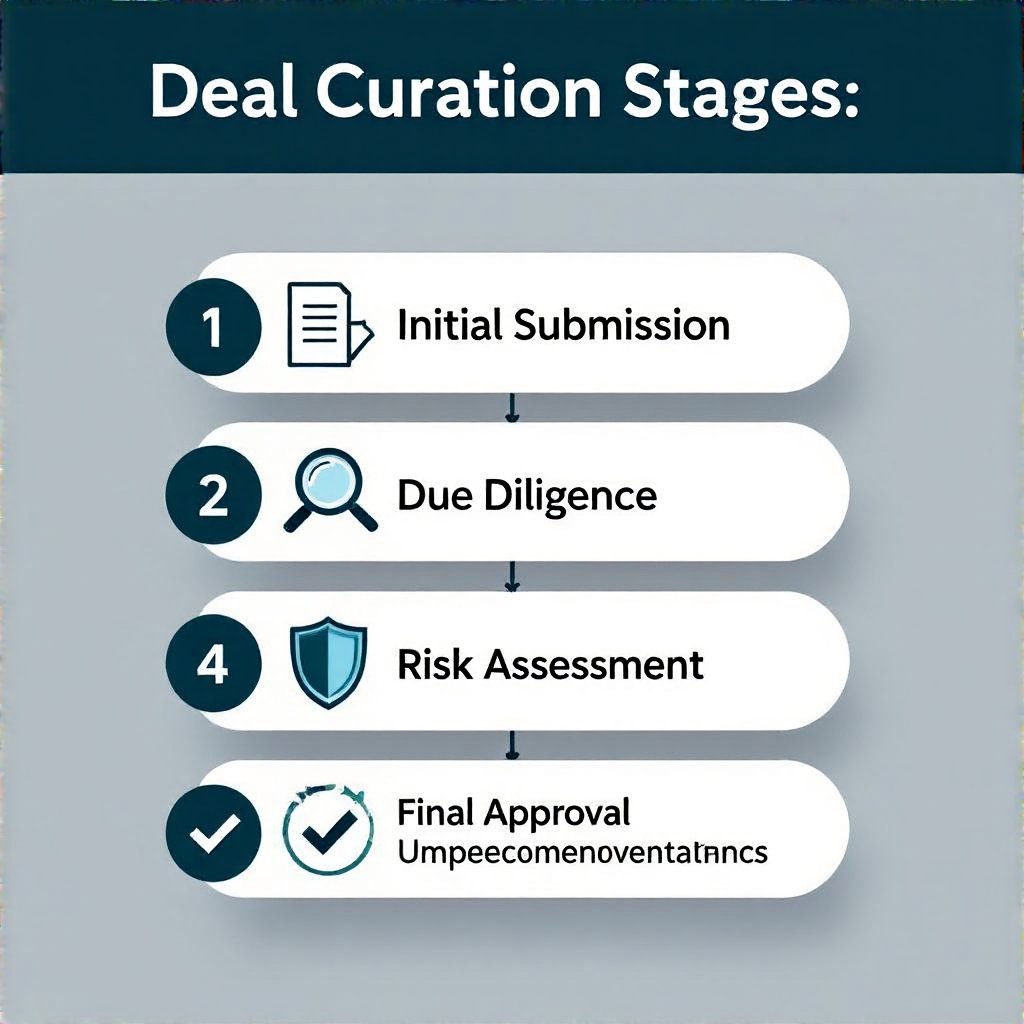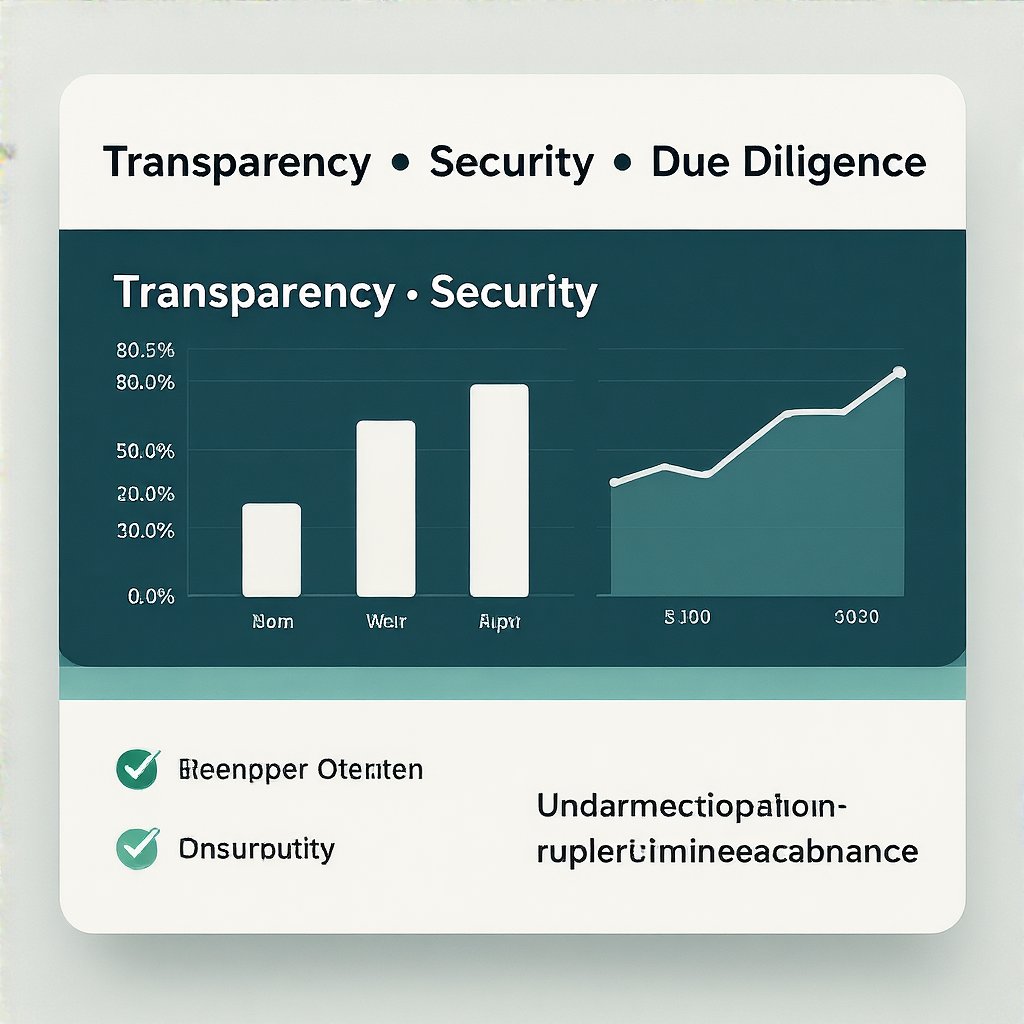PAID Network Deal Curation: A Comprehensive Guide to Project Vetting

PAID Network uses a rigorous deal curation workflow to surface credible projects for the community. This expanded guide details each stage, governance implications, and practical takeaways for investors seeking transparency and accountable due diligence.
- 1. Initial Submission & Screening
- 2. Due Diligence & Evaluation
- 3. Risk Assessment & Scoring
- 4. Final Project Selection & Approval
- 5. Ensuring Quality & Security
- 6. Pros and Cons
- 7. Best Practices for Evaluators
- 8. FAQ
- 9. Conclusion
1. Initial Submission & Screening
Project teams submit detailed applications: whitepapers, team bios, technical specs, and market analyses. The PAID team checks for completeness, basic eligibility, and alignment with platform standards. For context on how governance and fees influence project viability, see our deeper look at cBridge fees and liquidity provisioning.

2. Due Diligence & Evaluation
In this stage, PAID performs comprehensive due diligence including technical audits, legal reviews, and governance credibility checks. They assess project viability, tokenomics, and regulatory alignment. This step reduces exposure to fraud and ensures transparency. A robust vetting example can be found in Cyberscope audit reports.
We also examine interoperability concepts, such as SPL token standards, to contextualize technical designs.
As noted by CoinDesk, rigorous vetting is crucial to prevent a proliferation of risky or fraudulent projects that could undermine investor trust.

3. Risk Assessment & Scoring
Each project is scored on criteria such as technological robustness, team experience, market potential, and regulatory alignment. The rubric standardizes scoring, guiding deal flow and resource allocation. A transparent rubric strengthens accountability for evaluators.
4. Final Project Selection & Approval
Based on scores and qualitative reviews, projects are approved or rejected. Approved deals enter PAID's deal flow, where community members can review and participate. The process emphasizes transparency and solid fundamentals.
5. Ensuring Quality & Security
Quality and security are reinforced through collaborations with external security firms for smart-contract audits, identity verification, and roadmap reviews. This framework aligns with DeFi due-diligence best practices and minimizes governance risk. See the external references above for practical benchmarks.
6. Pros and Cons
| Pros | Cons |
|---|---|
| Improved investor protection and deal transparency | Longer vetting cycles and higher upfront costs |
| Stronger governance alignment and accountability | Potential bottlenecks in deal flow |
7. Best Practices for Evaluators
Adopt standardized checklists, document evidence, and ensure governance separation. Regularly update procedures to reflect new threats and regulatory changes. For broader strategy on community engagement, see our best practices for community building guide.

8. FAQ
Q: How long does PAID's deal curation typically take?
A: Timelines vary by project complexity but follow a staged cadence to balance thoroughness with market needs.
Q: Are external audits mandatory?
A: External smart-contract audits are standard, complemented by internal reviews and governance checks.
Q: Can community members influence approvals?
A: Yes—community feedback is part of the deal flow, but final decisions rest with PAID's governance standards.
9. Conclusion
PAID Network's deal curation combines technical due diligence with governance oversight to create a sustainable, transparent pipeline. Investors should expect rigorous screening, clear criteria, and ongoing accountability as the DeFi ecosystem matures.
